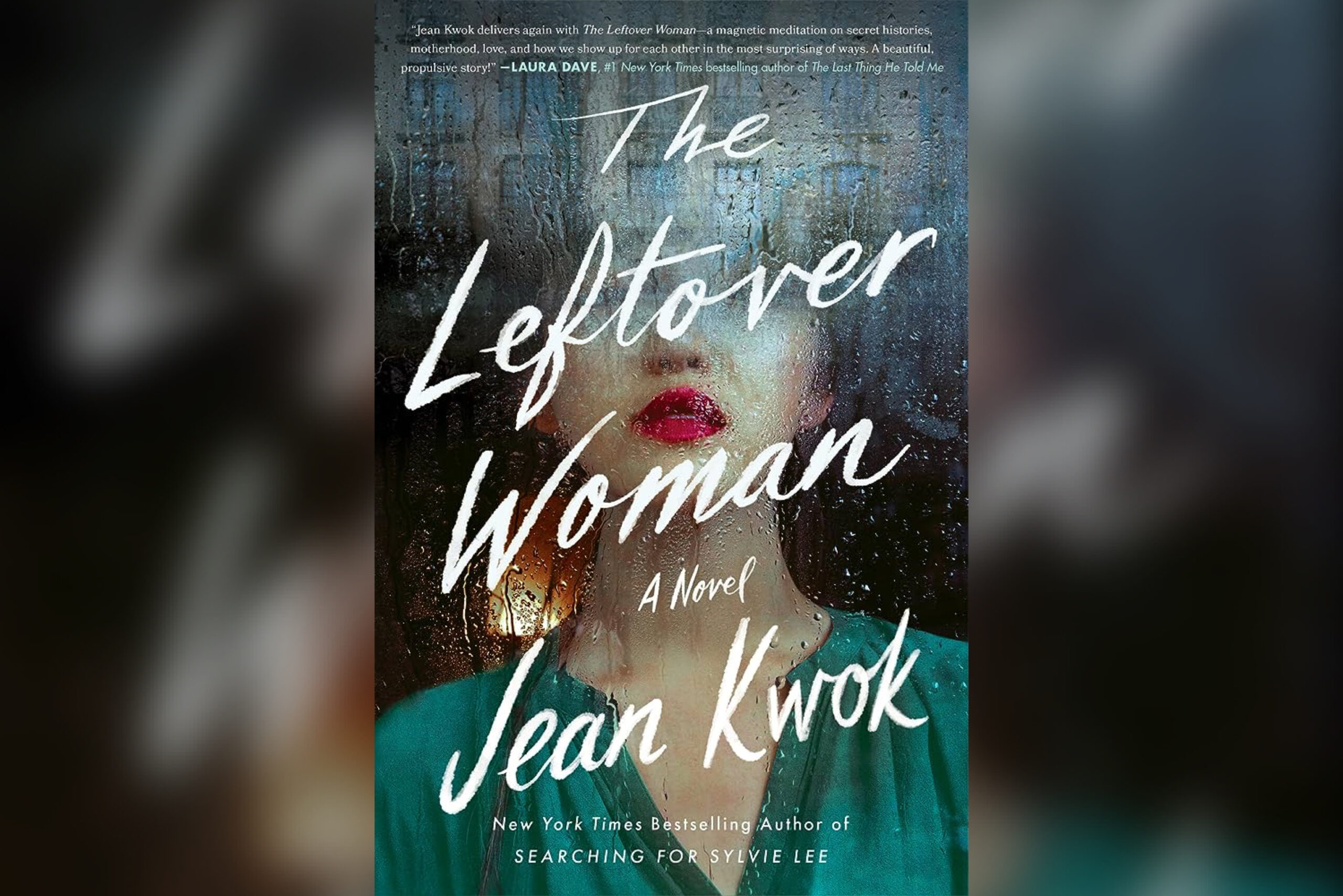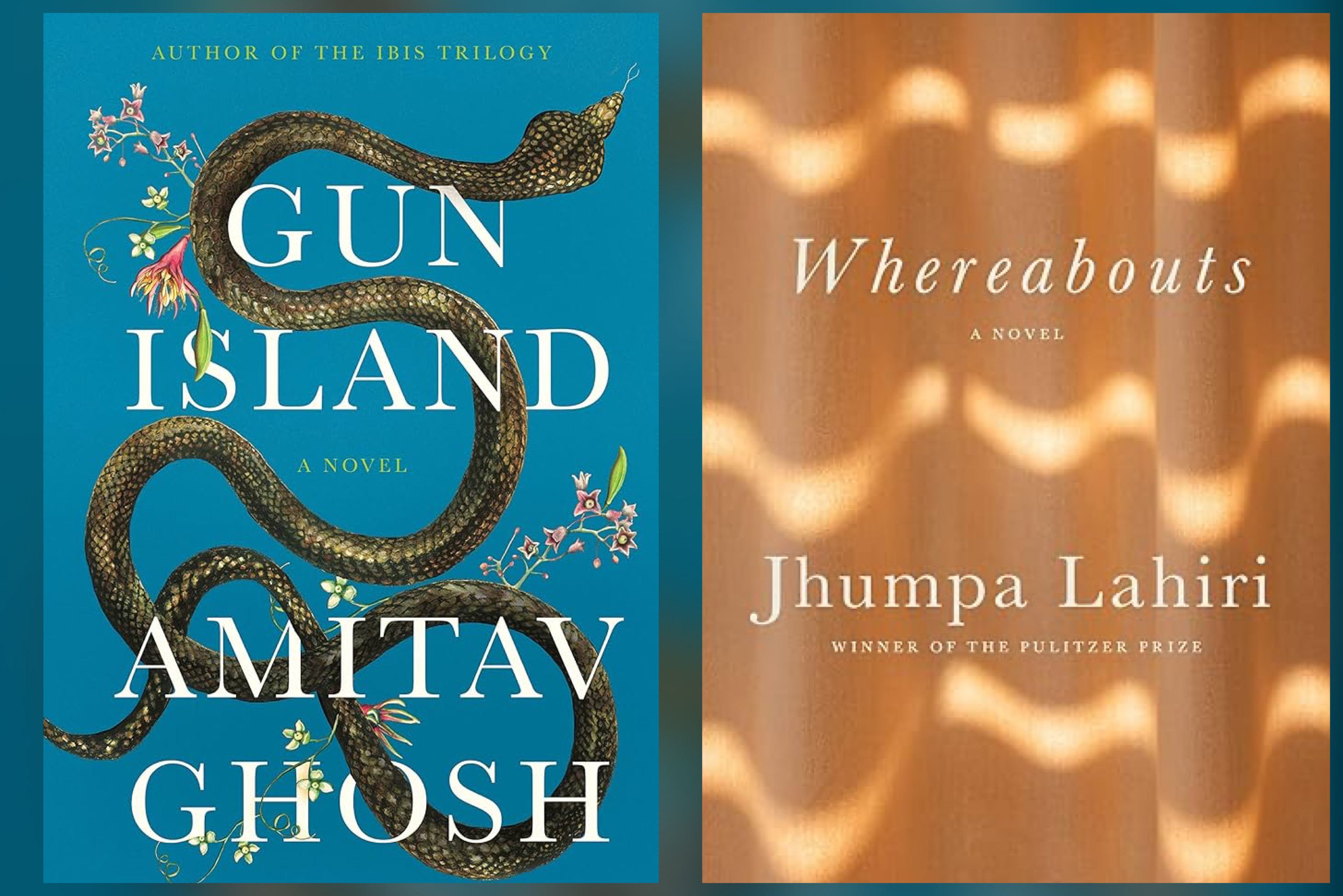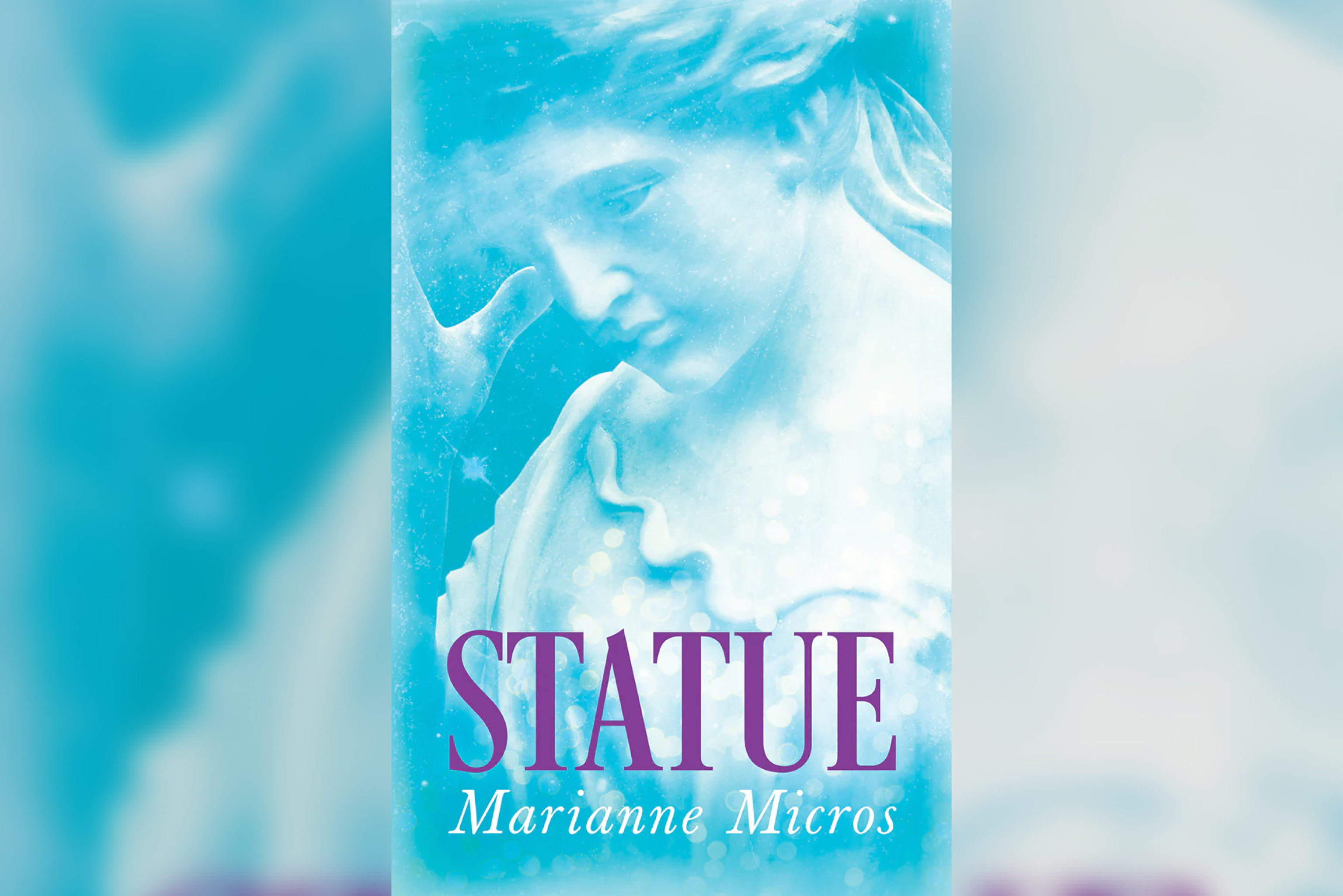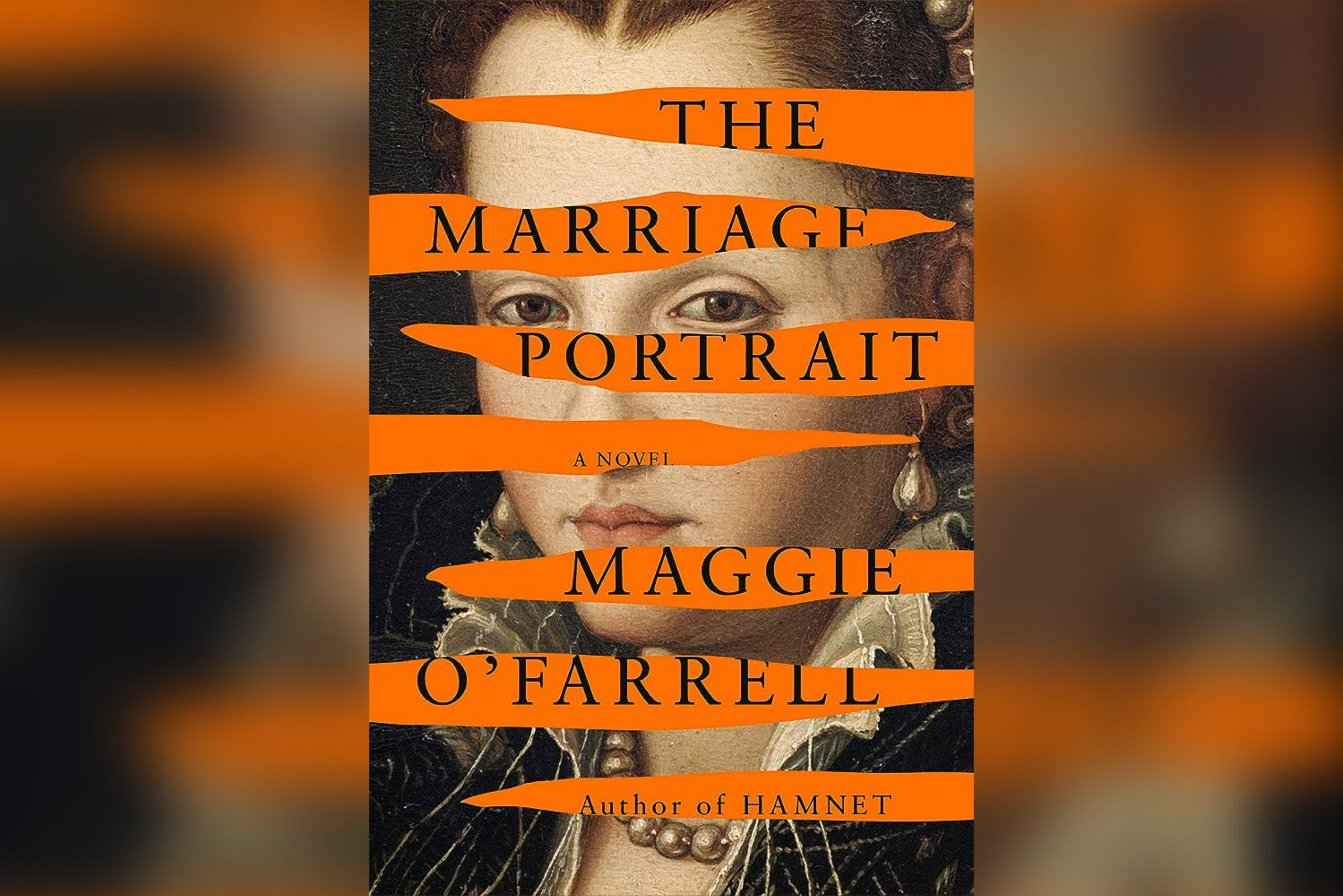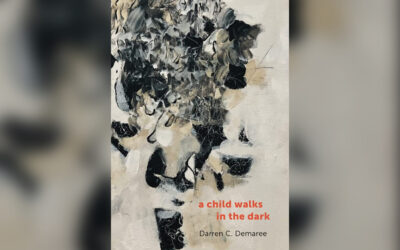Blog
Let’s please keep romanticizing fall, forever.
There’s something delightful about stereotypically poor weather in the fall. We love that which we spend the rest of the year complaining about: gloomy skies, rainy mornings, brisk nights…
Autumn’s Languish, Languid
I greeted autumn with bitterness this year. Toronto deprived me of it for longer and only provided a mediocre season. The trees were barely colourful, and they struggled to rescue me from all my burdens. In envying my welcoming reception of autumn last year, I’ve begun seeing today’s autumn as a foe.
Lingua Anglica: An English Empire at the End of History
To reiterate my thesis in the plain English of the internet: the advent of the web coincided with what could have been a brief global hegemony of the English language, but its ravenous thirst for content perpetuated the conditions of its spawn.
Review: The Leftover Woman by Jean Kwok
The Leftover Woman embraces a range of topics with great emotional weight, including motherhood, adoption, abuse, and the hostility of the United States to undocumented immigrants, all of which together do make a reader truly hope for a kind resolution…
A Brief Critique in Comparison: Lahiri’s Whereabouts vs Ghosh’s Gun Island
Even though Whereabouts validated my pessimism around the impact of these diasporas in recent works of Indian fiction, Ghosh’s Gun Island, in an intrinsically antonymous manner, enthralled me with adoration for works set in India.
Review: Marianne Micros’ Statue
American literature is littered with writers aping Hemingway, but instead of creating a purposeful and precise piece, they compile a redundant series of descriptions and lifeless imagery that hardly achieve anything. Marianne Micros’ prose is not following in that tradition but despite the wealth of ideas, in its simplicity, it lacks personality or a distinct voice.
Review: The Marriage Portrait by Maggie O’Farrell
Since the publication of her award-winning 2020 novel Hamnet, Northern Irish author Maggie O’Farrell’s next book has been eagerly awaited. The Marriage Portrait came out in August, was an instant New York Times bestseller, and was recently shortlisted for the 2023 Women’s Prize in fiction. However, I came away from The Marriage Portrait deeply dissatisfied. It is a beautifully written book, but many of the choices end up dramatically undercutting its own story and themes.
Review: R.F. Kuang’s Yellowface
June Hayward wants what Athena Liu has: a spectacular, high-flying career as an author. Despite both women coming out of Yale and releasing their debuts at about the same time, June is bitterly aware of her relative obscurity. Athena dies in a sudden accident, leaving behind her manuscript of her next novel about Chinese workers who were exploited and maltreated during the British war effort in World War One. Even in its draft form, unseen by anybody else, it is a brilliant work. June takes Athena’s manuscript and reworks some of it before presenting it as her own, published under the name “Juniper Song.” Song is a legal middle name provided by her whimsical mother. If it conveniently also suggests a Chinese background that June doesn’t have, so be it. Athena’s wild level of success is suddenly in June’s hands. As Yellowface unfolds, June proves the extent to which she is willing to lie, threaten, and bully her way into holding onto that success.
Review: Darren C. Demaree’s a child walks in the dark
The dedication to Darren C. Demaree’s latest poetry collection, a child walks in the dark, reads simply, “For my family – ” and family, particularly fatherhood, is woven into every single poem in the book. Each work is a retelling of something Demaree’s speaker tells his children, whether his daughter, his son, or both at the same time. It would be easy to resort to vague lessons or aphorisms, but the speaker brings a moving vulnerability to every message, and turns those fragments of parenthood over to the reader.




